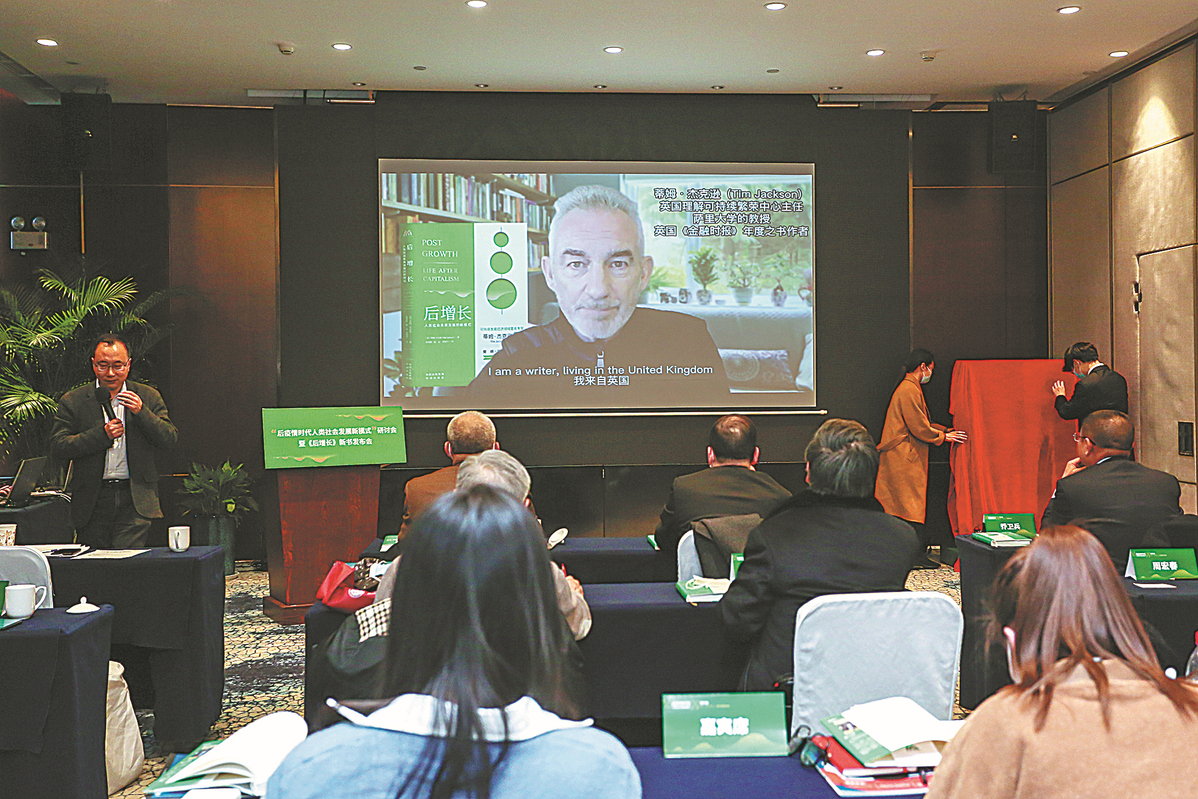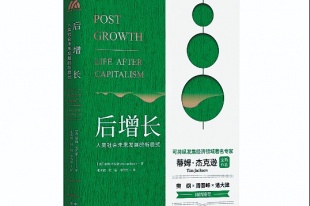Models suggested for post-pandemic era development


The Chinese version of British ecological economist Tim Jackson's Post Growth: Life After Capitalism was released in Beijing on Feb 27.
In the book, the author, a professor of sustainable development at the University of Surrey in the United Kingdom, points out the myth that the faster our economy grows, the happier we are, and why the outlook can be gloomy if we simply count on the growth of gross domestic product to enable social progress.
The author writes in the book, first published in June 2021, that the relentless pursuit of "more "has delivered catastrophic climate change consequences, social inequality and financial instability-and left us ill-prepared for life in a pandemic. The book also dares to provide a vision of a world where relationships and meaning take precedence over profits and power.
He resorts to philosophical discussions about the nature of the human condition, and calls for the pursuit of coordination and equilibrium between human society and the natural environment, as well as offering alternative outlooks on equality, currency and consumption.
The concept Jackson conveys is consistent with his previous bestseller, Prosperity Without Growth, published in 2009, during a crucial time as the world was facing a financial crisis. It has been published worldwide in 18 languages.
However, the new book, in a simple but poetic language style and with abundant storytelling, is more accessible for nonprofessional readers.
Zhu Dajian, director of the sustainable development and urbanization think tank at Tongji University in Shanghai, compared Jackson's two works and said at the book launch that it is important for policymakers and scholars to reach a consensus on post-growth views that transcend the demand for lasting, high economic growth, and should join hands to make it work in practice.





































